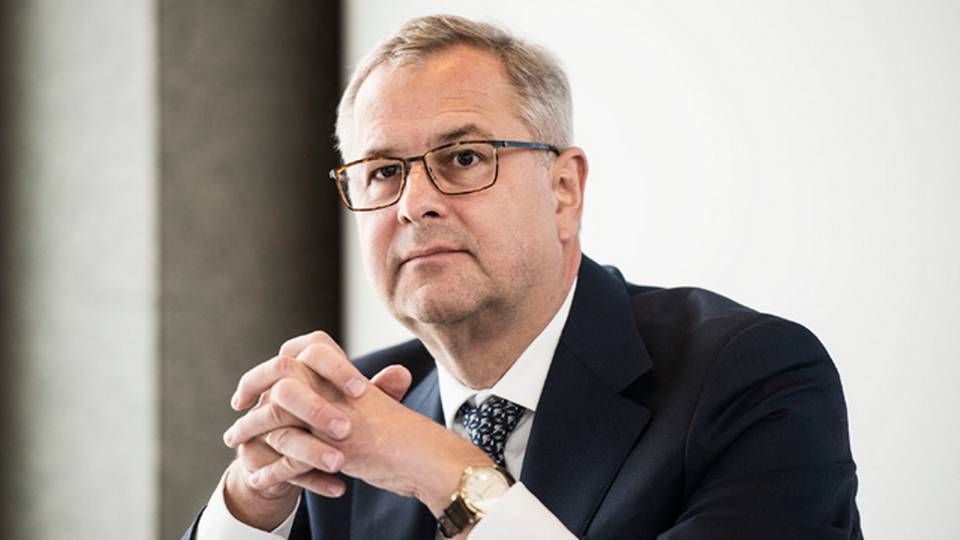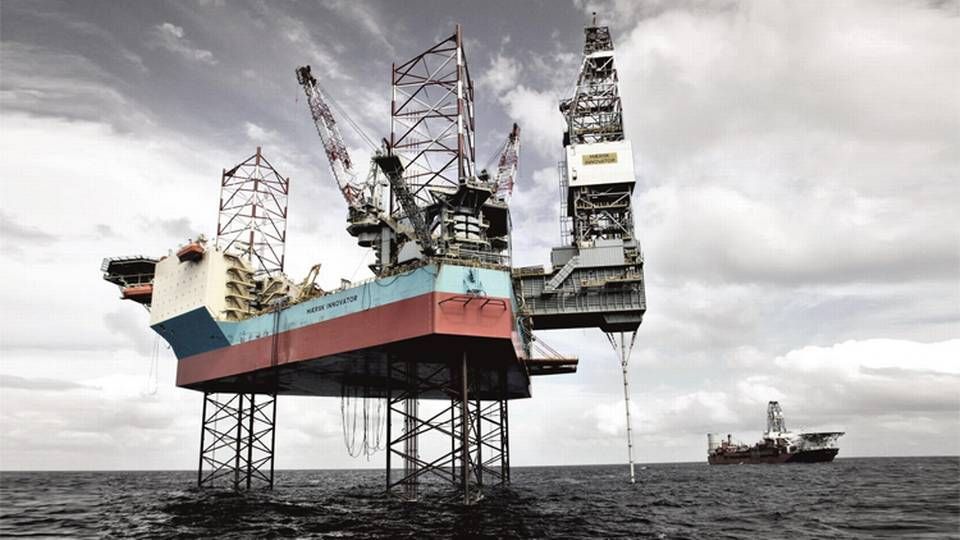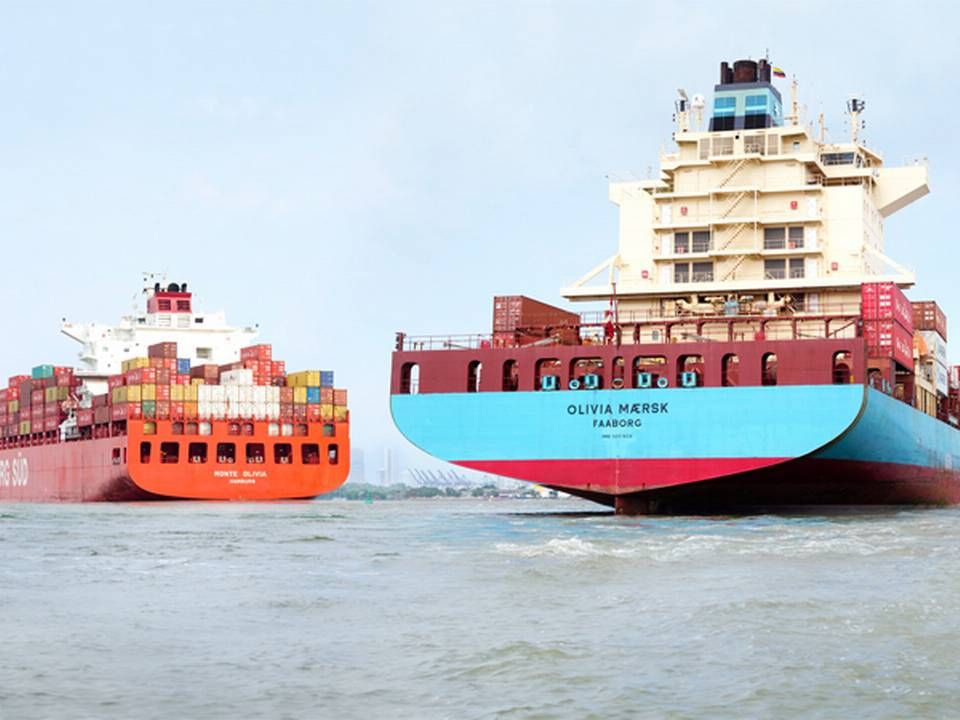Søren Skou: Transformation of Maersk is complex

Maersk has not been able to fulfill its own ambitions for the financial results when it comes to development in recent years, after launching the major project to radically transform the old conglomerate.
2018 will be slightly better than 2017 which was hit hard by impairments and a cyber attack against the whole group. But CEO Søren Skou is not pleased with the financials yet. And ultimately these numbers will validate the group's transition to become an pure container business player.
The complexity in creating the future Maersk is strenuous at a time where shareholders are only growing more impatient to see higher returns.
At the Maersk Capital Markets Day at Copenhagen's Opera House this Tuesday, Skou did not shy away from the fact that the old oil and transportation company has embarked on an overwhelming mission.
In addition to divesting the energy companies, the new Transport & Logistics company must be established and prepared not only for today but also for a more digital future.
Divesting challenged companies
"2016 was a pretty horrible year. 2017 was better, but we're not where we want to be. It's not a fantastic experience to be on this side of the fence, to deliver good quarterly results, while at the same time completing a transformation which includes divesting companies which are challenged. That is the agenda now. It's very complicated. We're going from being a conglomerate to being a company, an integrated company, focused on container transport and ports," said Skou.
At the forefront of everything, Skou and the rest of executive management – including management of Hamburg Süd – must convince the many investors and share analysts that the Maersk B-share is worth holding and buying, despite the huge efforts being exerted to create a new identity.
(Article continues below the picture)

Skou beleives there are three things that can convince the financial markets that the Maersk share is valuable, after generally laying still for the past year:
In part, there are the proceeds from the energy companies that have either already been divested or will be divested this year. Now, only Maersk Drilling and Maersk Supply Service remain, but assets have already been sold since the launch of the transformation in 2016 worth a total USD 14 billion.
And in part, the synergies from the Hamburg Süd takeover amount to upwards of USD 400 million on their own.
But overall, the synergy benefits could grow to USD 600 million, and Skou is confident they will during 2018. Finally, there is the improvement of operations and the bottom line that T&L is meant to deliver year after year.
Back to growth
"I'm convinced we have an fair chance at becoming a growth company again," said Skou.
Currently, margins are not good enough, compared to competitors. An important tool for getting there is cutting costs, but investments will also be drastically reduced every year.
Where Maersk a few years back invested around USD 7 billion annually in new rigs, new ports and new vessels, this figure has been cut in half, as there is now a bigger focus on getting more out of existing assets.
Maersk Line was criticized last year for being unable to reap the benefits of the global economic recovery and the market growth that boosted several of its competitors' performance.
When Skou looks ahead, he still eyes a favorable scenario characterized by growth in container demand of 2 to 4 percent ahead of 2020. Comparing this to the currently low order book, there are reasons to be optimistic. The orders that have been placed at this point correspond to 13 percent of the global container fleet, the lowest level in years.
"I'm not going to stand here and whine"
In any case, the transformation is now on track, but it could take up to five years to be complete, said Skou when asked to comment on the timeframe.
Is the task of transforming Maersk more complex than you anticipated in September 2016 when the project was announced?
"I didn't say that, and I'm not going to say that. I'm not going to stand here and whine," he said in response to ShippingWatch's question.
In the long term, the ambition is to rebuild strength and to once again become an attractive company and an attractive share.
"We want to come back and be a growth company again," he says.
The end of the journey – three to five years from now – is to convert the old Maersk into something that looks more like UPS or FedEx, though without getting in the way of the companies which count among Maersk's customers today.
"Otherwise we wouldn't be doing this," explains Skou.
English Edit: Gretchen Deverell Pedersen
Related articles
Maersk publishes more key numbers for Hamburg Süd
For subscribers
This is how Maersk plans to convince investors
For subscribers


















